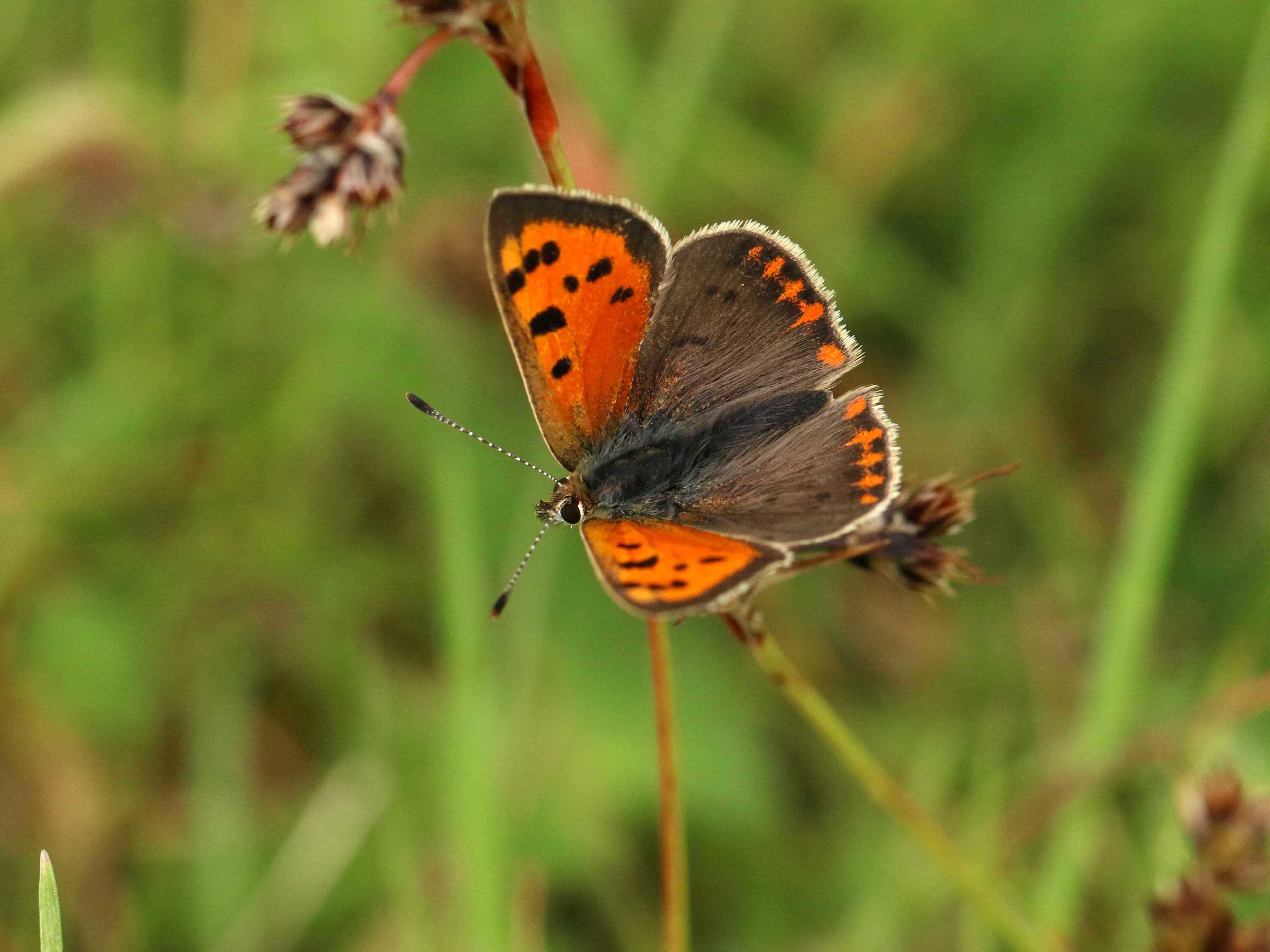Toxic neonicotinoid pesticides have once again been authorised for use on sugar beet crops by the UK Government.
Butterfly Conservation has repeatedly highlighted concerns about the negative side effects these pesticides have on UK butterflies. The negative impact of neonicotinoids were first highlighted in 2015 in a study by the Universities of Stirling and Sussex in partnership with Butterfly Conservation and the Centre for Ecology and Hydrology.
Since then, further evidence has grown of the impact of neonicotinoids on not only moths and butterflies, but also bees, birds and other wildlife. In 2017 Michael Gove, the then Environment Secretary, announced that the UK would support a total ban across the European Union as we couldn’t “afford to put pollinators at risk”. The pesticide is now almost entirely banned across the EU because of the known harm it can cause.
Now, however, the Government’s decision threatens to cause further harm to the environment. This is now the third year running that use of the pesticide has been granted.
Butterfly Conservation’s State of the UK’s Butterflies report, released earlier this year, revealed that 80% of butterflies have declined since the 1970s. There can be no excuse for continuing to use pesticides that are known to cause harm to butterflies and moths, and Butterfly Conservation, along with other environmental organisations, is calling for neonicotinoids to be banned with no exceptions. There can be no justification for harming our environment with toxic chemicals which harm pollinators and other wildlife when nature is already in crisis.
The thoughts of Julie Williams - Butterfly Conservation CEO
Julie Williams, Butterfly Conservation CEO said: "The UK is one of the most nature-depleted countries in the world, and it is simply unacceptable for the Government to allow the demonstrable harm of pollinators and other wildlife at a time when nature is already in crisis.
"The time has come for neonicotinoids to be completely banned with no exception. We should be thinking about these pesticides in the same way we think about DDT. They are a group of chemicals which are simply too toxic and too damaging to use in any circumstances."
Together, we can make a stand, sign the petition against the authorisation of neonicotinoids. Once this has gained 100,000 signatures the Government must debate this in parliament so there is still time to reverse the decision.


